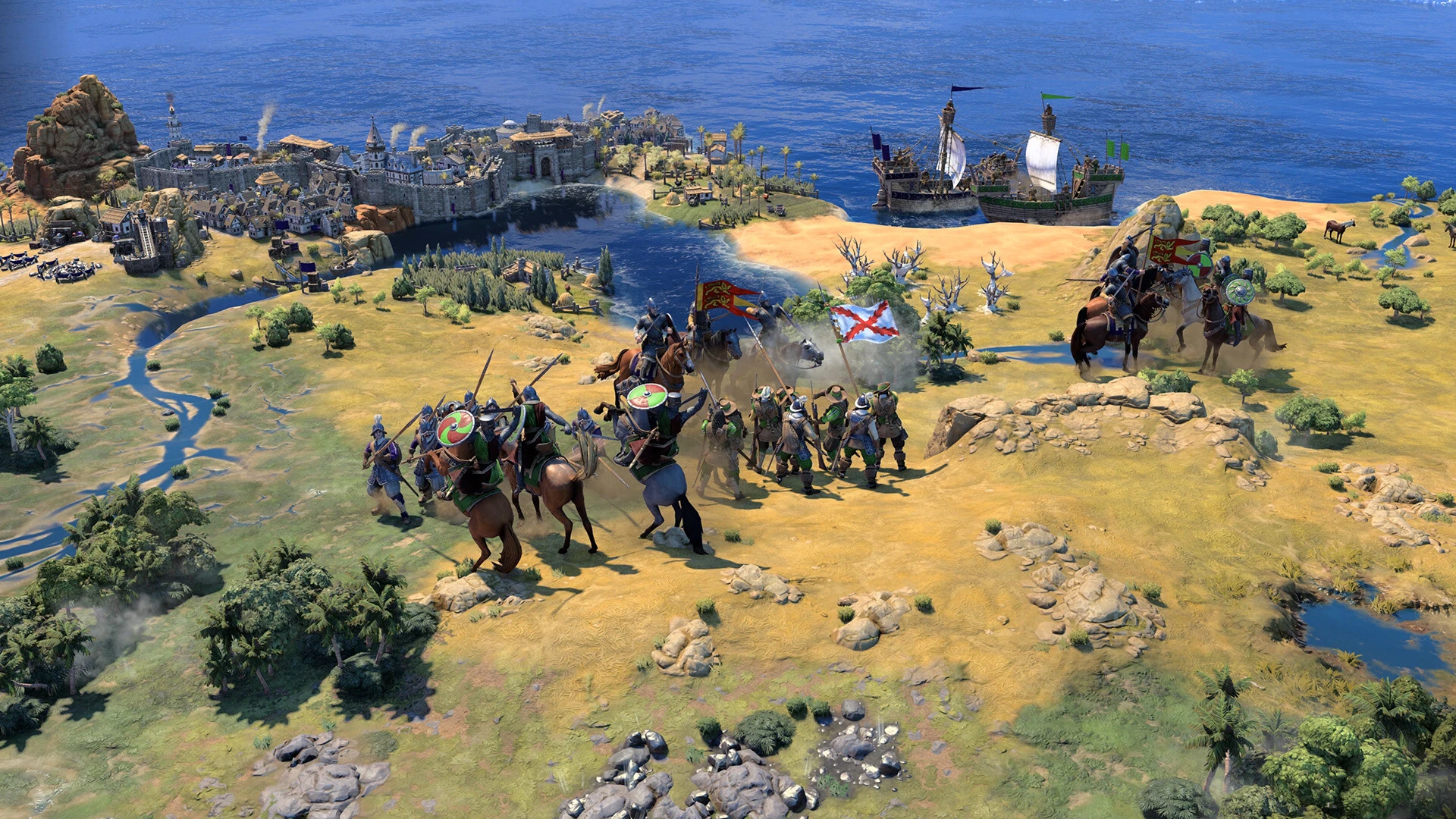Civilization 7 dev on Ages system and series shakeup: "It's going to be the hardest thing for fans to get adjusted to"
Civilization 7 dev on Ages system and series shakeup: "It's going to be the hardest thing for fans to get adjusted to"

www.ggrecon.com
Civilization 7 dev on Ages system and series shakeup: "It's going to be the hardest thing for fans to get adjusted to"

